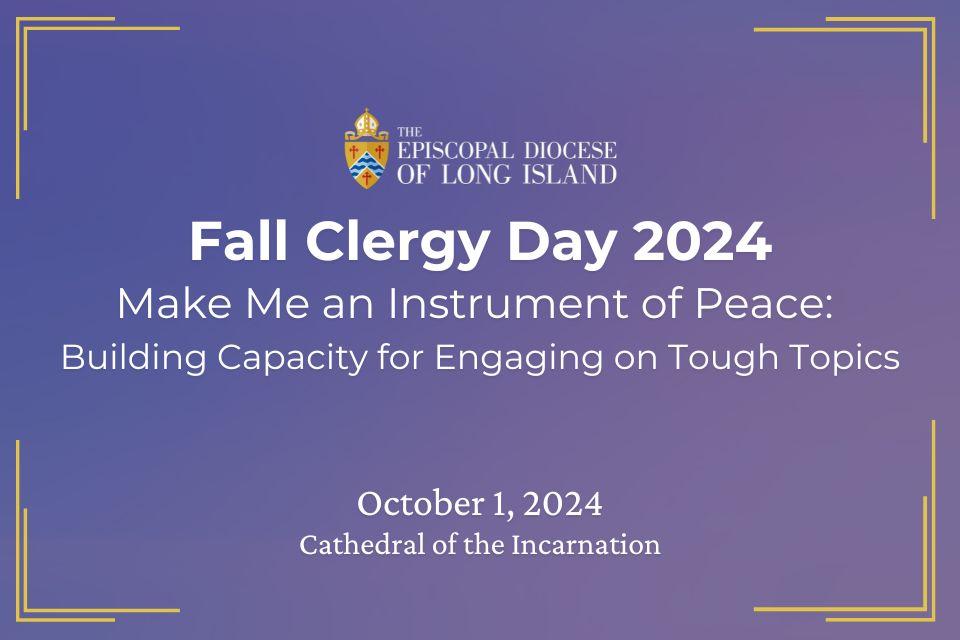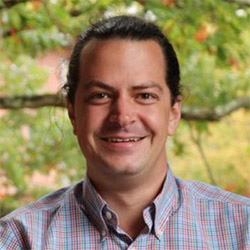
In this election season, as heightened divisions and fears impact our church communities, how can Episcopalians equip themselves to build and maintain relationships that are fundamental to our shared life? This workshop will focus on civil discourse as a crucial tool for bridging partisan divides, fostering mutual understanding, and creating more effective solutions for our communities.
But what is civil discourse? How does it differ from civility? Drawing from an online course developed by The Episcopal Church and ChurchNext, we will explore how to cultivate individual and community capacity for civil discourse, apply it to political conversations within church settings, and understand how it intersects with other forms of personal and institutional engagement that clergy may oversee.
Session One: Civil Discourse in Context
This session will delve into the meaning of civil discourse, its role within broader peaceful civic engagement, and the personal contexts we each bring to conversations. We will review key tenets of civil discourse, the importance of language, and strategies for sustaining this work over time.
Session Two: Building Capacity
Here, we will reflect on the role of churches as third spaces and the value of community networking. We’ll also examine values-based conversations, the complexities of policy, and explore other suggested building blocks for expanding our community's capacity to engage in meaningful dialogue.
Vote Faithfully Election Engagement Campaign
We will conclude with a brief overview of the resources provided by the Episcopal Church Office of Government Relations to support this year's election engagement efforts.
Meet our Guest Speaker

Alan Yarborough is the church relations officer for The Episcopal Church Office of Government Relations, part of the presiding bishop’s staff, where he is primarily responsible for developing and maintaining resources aimed at educating, equipping, and engaging the church in policy advocacy, including the Episcopal Public Policy Network. He led the creation of the church’s civil discourse program and facilitates that program across the church. He also facilitates similar trainings beyond the church through Habits of Discourse. He served in the Young Adult Service Corps in Haiti and holds a BS in economics from Clemson University in South Carolina and a master’s degree in conflict analysis and resolution from the Carter School for Peace and Conflict Resolution at George Mason University.
Schedule
8:30am – Coffee
9:00am – Morning Prayer
9:30-10:30am – Session One
10:30-10:45am – Break
10:45-12:00pm – Session two
12:00-12:15pm – Vote Faithfully Election Engagement resource review
12:15-1:00pm – Lunch
1:00-2:00pm – Optional Deep Dive